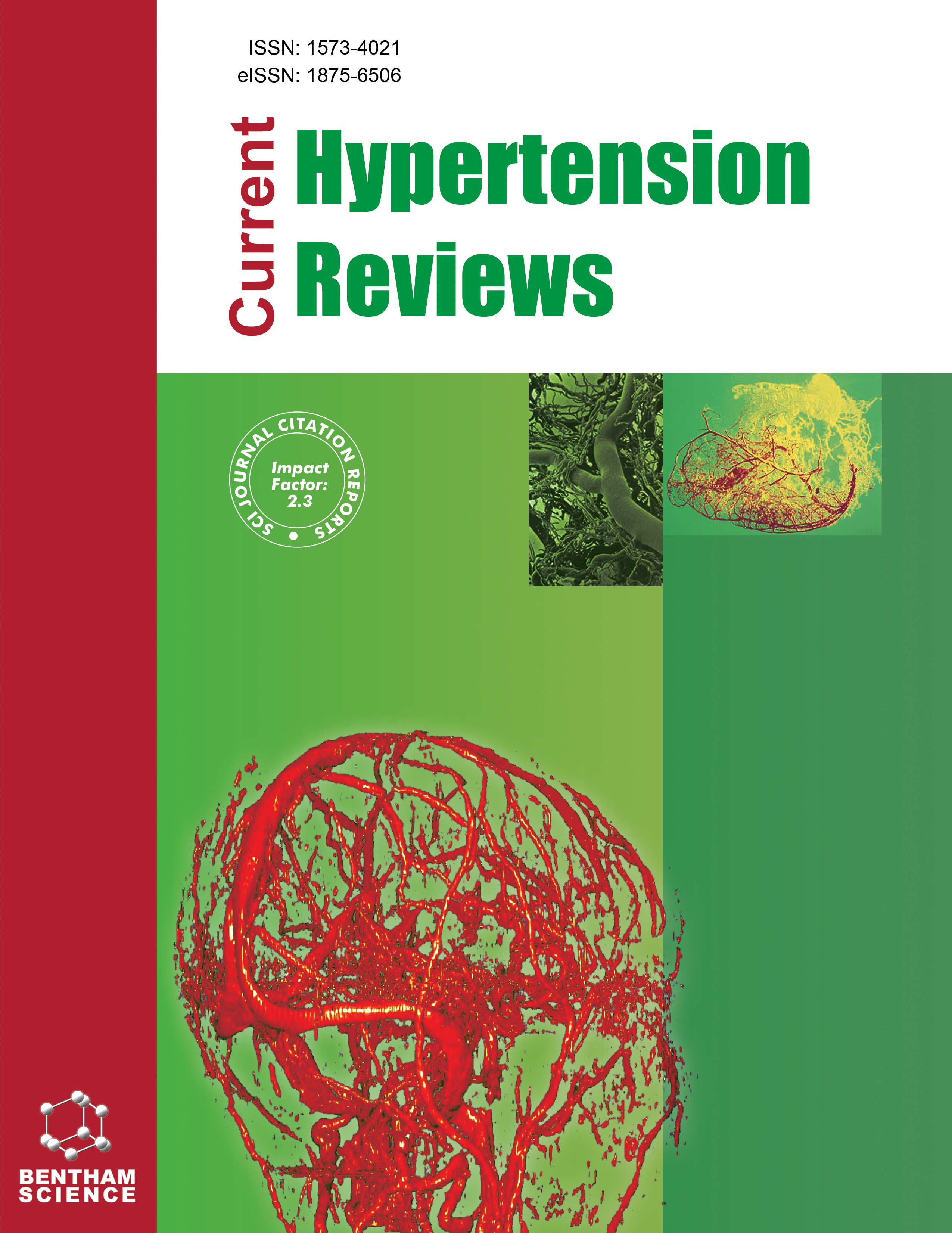
Full text loading...
Hypertension is a major contributor to disability-adjusted life years (DALYs) worldwide, as highlighted by the Global Burden of Disease study (GBD 2021). Effective management of hypertension through medication can significantly lower the risks associated with the condition. It is important to recognize that not adhering to antihypertensive therapy often leads to negative health outcomes.
We conducted a thorough search of databases such as “Embase, PubMed, Web of Science, Cochrane Library, EBSCOHost, and Scopus” from their inception up to December 4th, 2023. This search focused on studies involving patients with hypertension. Our review specifically targeted studies conducted in India, published in English, and focused on the prevalence of non-adherence to antihypertensive medication. We used a random-effects model to pool the findings and assessed heterogeneity using the I2 statistic, with a significance level set at p < 0.05. Subgroup analyses were performed to identify areas with a higher prevalence. This review was prospectively registered in PROSPERO (CRD42024489527).
This review included 40 studies from India, encompassing 18,808 patients with hypertension. The pooled prevalence of non-adherence to antihypertensive medication was 48% (95% CI 39%-56%, PI = 9%-90%), with a high degree of heterogeneity (I2=98%). Meta-regression showed that non-adherence was linked to younger age (p<0.01). Subgroup analysis revealed a varying prevalence across India, with the eastern region showing the highest prevalence at 76% (95% CI 31%-96%), followed by the order East > North > West > South (p < 0.01). A higher prevalence was also observed in community settings (51%) and rural areas (57%).
Findings of this study shed light on the growing prevalence of nonadherence to antihypertensive medication among Indian hypertensive patients. Nonadherence patterns vary across settings and contexts, reinforcing the need for more longitudinal studies and context-specific targeted interventions. Subgroup analyses revealed no significant reduction in heterogeneity, highlighting the need for more qualitative studies.
Given the high and regionally variable prevalence of non-adherence to antihypertensive medication in India, it is crucial to develop localized strategies to improve adherence to hypertension treatment.

Article metrics loading...

Full text loading...
References


Data & Media loading...
Supplements

